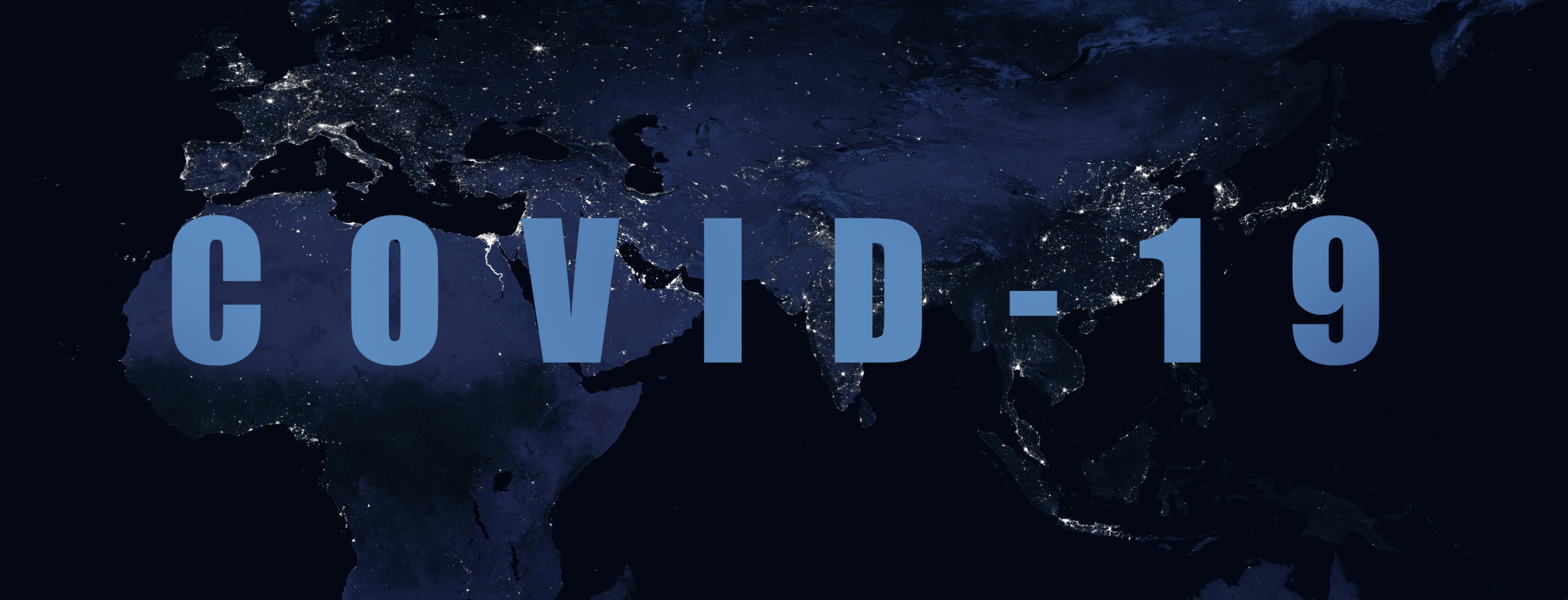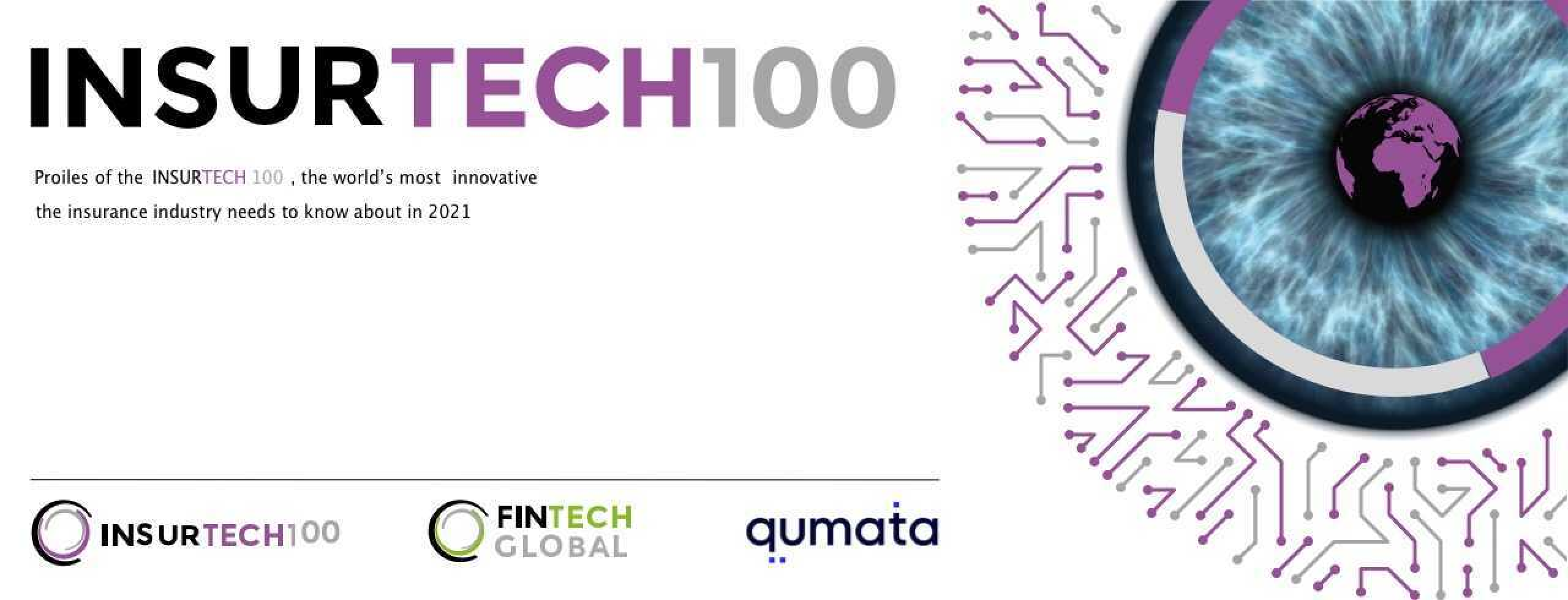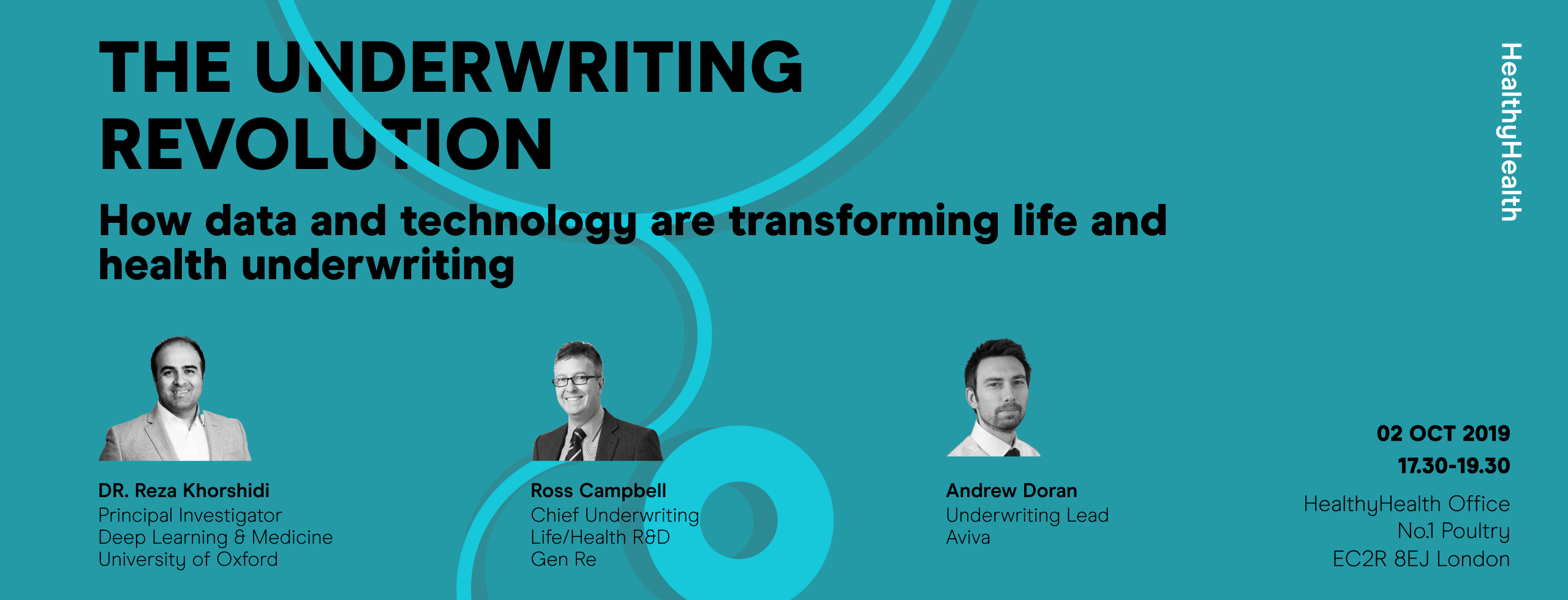Innovating for Survival - Life and Health Insurance

The impact of the Covid-19 pandemic on how we live, work and interact will play out in years to come. However, naturally, the focus is on solving problems and seizing opportunities that arise in the short to medium term.
Executives in major companies are more focused on seizing emerging opportunities than ever before. Recently McKenzie published its survey on how innovation is more critical than ever. While a predominant majority agree with the criticality, very few feel confident facing these challenges:
Age-old weaknesses exposed
Similar sentiments are prevalent with life and health insurers. For years carriers have known the key areas of weakness - balancing diligent risk assessments with improving customer experience. SwissRe highlighting the massive protection gap in the US recommended focusing on (i) customer experience, (ii) behavioural economics and (iii) automated underwriting.
Encapsulated within this is also the drive by insurance companies to redefine themselves from protectors to health partners. Engaging customers with health advice and rewarding healthy behaviours increase customer loyalty and reduce losses over the long-term.
Along came Covid-19
The pandemic transformed these priorities from strategic objectives to survival needs. When face-to-face meetings got suspended and medical exams could not be conducted, carriers rushed to alternative solutions. Most popular initiatives involved telescreening, EMRs and alternative data sources.
For a lot of the insurers it was the first time in decades that they contemplated changing medical underwriting approach and hence, predictably, a lot of these efforts did not have great results. However the negative inertia is reversed and newer iterations are making headway.
Similarly the importance of personal responsibility for individual and societal health makes it ever more imperative to engage and empower individuals. Incentive alignment between the insurer and the insured leads to win-win scenarios if value proposition design is customer-centric. Customer expectations have also caught up and now demand: ‘help me, help you’.
Our approach is based on individual behaviour and digital health data that removes the complexities, inconveniences and inconsistencies in health risk assessment.
Conclusion
A lot of us have been ruing missing out on opportunities resulting from changing lifestyles. I wish I had invested in: video conferencing, video streaming, gaming, hygiene products, (the right) pharma companies, protection insurance, sports gear and wearable technology. The list goes on and on.
The McKenzie survey shows that the urge is great and so is self-awareness. Socio-economic impacts will be transformative. There are many emerging opportunities backed by emerging technologies that will unlock markets and fuel future growth. Timing and execution will differentiate success but this time don’t expect the usual suspects to come up with all the answers alone.



